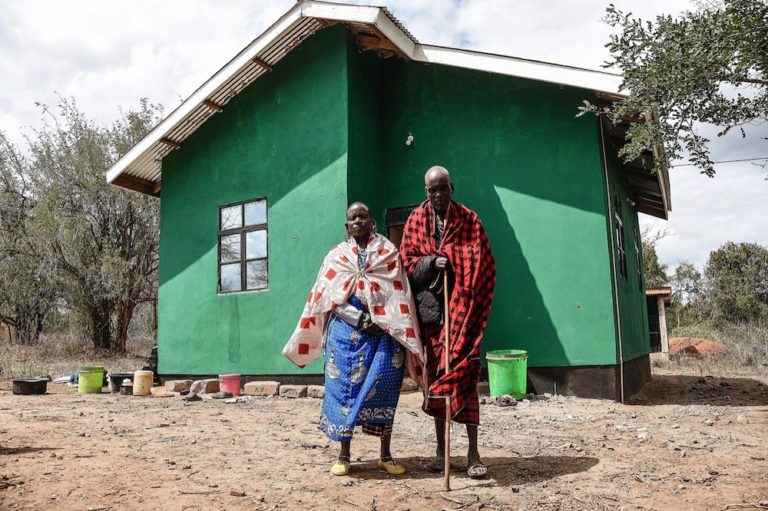Legislation which, in its original draft form, gave the government powers to license journalists, has resurfaced, prompting media workers’ fears that such a law could be used to restrict the media in the run-up to general elections, scheduled for October. However, the government’s Acting Principle Secretary of Information and Broadcasting, Bwire Musalika, says media workers […]
Legislation which, in its original draft form, gave the
government powers to license journalists, has resurfaced,
prompting media workers’ fears that such a law could be used to
restrict the media in the run-up to general elections, scheduled
for October.
However, the government’s Acting Principle Secretary of
Information and Broadcasting, Bwire Musalika, says media workers
will be fully consulted about the contents of the Media
Profession Regulation Bill, and their ideas incorporated in a
redrafted version of the act before it is tabled in parliament.
Publication in 1993 of the draft bill — better known as the
media council act — caused a storm of protest from media workers
and the public, which prompted the government to shelve the bill.
As it stood then, the draft bill gave a government-appointed
media council powers to decide who could and could not practice
as a journalist. To be licensed, journalists would have needed
approved qualifications such as degrees or diplomas, and some of
the country’s leading and more outspoken media practitioners
would have been excluded from the profession as a result.
According to the original draft, those defying the law could have
faced up to two years in prison.
Musalika said this week that it had always been the government’s
intention to consult with journalists about the bill, and that
the storm over the initial draft resulted from a “misconception
on the behalf of the journalists.”
Discussion on the draft would be “open to everyone,” said
Musalika, and the final draft presented to parliament “will
incorporate the ideas of the journalists.” “The final draft (to go
before parliament) will look very, very different,” Musalika
promised, adding that consultation with journalists would start
“soon after the preliminary drafting” of the bill, which was now
happening.
Journalists remain sceptical, however. “I feel that they are
introducing it [the bill] now to make journalists afraid during
the elections,” said Kadjubi Makajanga, Chairperson of Tanzania’s
Association of Media Workers. Kadjubi said he knew of no
consultation with journalists on the initial draft of the bill.
The recent setting up of the state-run Information Services
Department (ISD) has also been interpreted by some journalists as
an attempt by the government to keep the country’s boisterous
private media in check prior to October’s poll. The ISD will be
the sole distributor of news about the government, and will
handle all media inquiries — journalists will no longer be able
to approach individual ministries for information.
Musalika, who is also ISD director, told Inter Press Service in
January that the decision to set up the department stems from the
fear that “poorly-paid (state-employed) journalists may be bribed
with huge sums of money to publish false information.”
Recommended Action
– Please write to the Tanzanian authorities urging them to
abandon all plans they might have for setting up a media council,
and to leave the task of regulating the media to journalists
themselves. Media councils should be voluntary, independent,
non-statutory courts of honour, and not bodies set-up and/or
controlled by the state.
Development Community and the Organisation of African Unity
(Tanzania is a member of both organisations) have adopted the
1991 Windhoek Declaration on Promoting an Independent and
Pluralistic African Press, which recognises that the free flow of
information is essential to economic development and the growth
of democracy. Both legislation establishing a state-run media
council, and the government’s Information Services Department
were means of controlling the flow of information, and thus
contradicted the Windhoek Declaration.
Appeals To
The Honourable Philip Marmo
Minister of Information and Broadcasting
PO Box 1516
Dar-es Salaam
Fax. (255 51) 46227 or 44645
Telex. 41391 or 41114
cc.
MISA-Tanzania
PO Box 71775
Dar es Salaam
Tanzania
Fax c/o +255 51 44509


